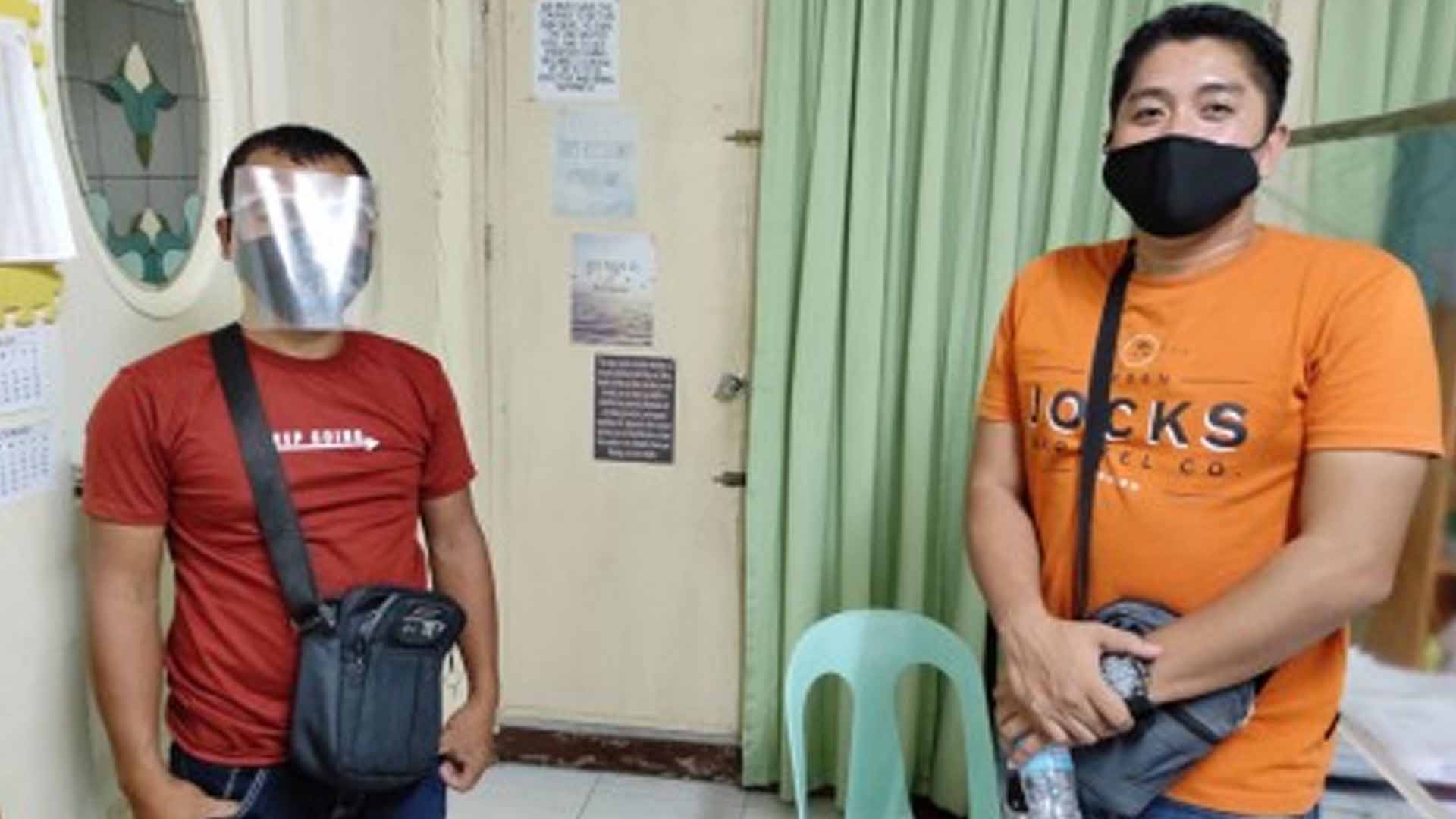If not for the coronavirus disease 2019 (Covid-19) pandemic, the Arabic Language and Islamic Values Education (ALIVE) program of the Koronadal National Comprehensive High School (KNCHS) here would have taken off by now.
The promising program faced serious challenges as concerns persisted with the continuing spread of the virus, which already postponed the opening of classes twice and caused the scrapping of the regular face-to-face sessions.
Implementers initially contemplated on temporarily shelving the initiative but eventually reconsidered mainly due to its significant impact.
“At the end of the day, we felt the need to sustain it to have continuity and ensure that our (Muslim) learners will have proper guidance in the process,” said Sonny Boy Mando, the designated facilitator and lead ALIVE teacher of KNCHS, in an interview Monday,
ALIVE, which was piloted at the school last year by the Department of Education (DepEd) city division, is a flagship program implemented in public schools that aims to provide additional subjects on Arabic language and Islamic values in the regular basic education curriculum.
A component of the Madrasah Education Program (MEP), it seeks to “provide Muslim learners with appropriate and relevant educational opportunities while recognizing their cultural contexts and unique purposes for participating in the program offerings”.
For school year 2019-2020, at least 95 Grade 7 Moro or Muslim learners of KNCHS took part in the pioneering ALIVE classes.
The school then had a total of 7,843 learners but only 399 were Muslims, mostly Maguindanaoans from parts of the city and the neighboring Lutayan town in Sultan Kudarat province.
For two hours every week, the Muslim learners study Islamic values in several batches through sessions handled by two trained ALIVE teachers, said KNCHS assistant principal for academics Latreia Estabillo.
She said an Ustadz or Islamic teacher assigned by DepEd-Region 12 holds enrichment sessions with the learners twice a month.
The program’s implementation is regularly monitored and assessed by the city division through its special program unit.
During its first year of implementation, the program’s impact among Muslim learners as well as their Christian peers was immediately seen.
A report from implementers said the program has made the learners more aware of their culture and traditions, and prouder of their identity.
More female Muslim learners were reportedly encouraged to wear hijabs and assimilate with the Christian majority at the school.
“The more that they become visible and with other learners seeing the support of the school administration, they felt more accepted and gained respect as well,” it said.
Mando, who is a Maguindanaoan, said the rollout of the program complemented as well with the initiatives of the school’s Muslim Students Organization (MSO).
MSO, which he helped establish three years ago, provided a venue for Muslim leaners to unite and practice their beliefs as others at the school.
Through the ALIVE program and MSO, he said the school was able to showcase their beliefs, culture and traditions, and made the majority Christian learners more aware and respect them.
These include the observance of fasting and other important events like Eid al-Adha or “Festival of Sacrifice” and Eid al-Fitr or the end of the month-long Ramadan.
“Little by little, the discrimination of Muslim leaners, which was previously a big problem, was addressed,” Mando said in an interview.
Zainudin Mantawil, who helped organize the MSO, said it is important for the school to sustain these programs.
He said the problems faced by minority Muslim learners, especially discrimination, can be addressed through proper values education.
“This goes both ways, we have to inculcate proper values, not only to the Muslims but the learners as well,” he said.
“Everyone should understand each other’s culture and beliefs – Christians, Muslims, and indigenous peoples. Once we achieve that, there will be no more discrimination,” Mantawil said.
To sustain the ALIVE program, Mando said they decided to offer it via the modular printed mode to its first batch of learners last year who are now in Grade 8.
He said its expansion to the enrolled Grade 7 learners this school year has been deferred due to the lack of time to get the consent of the parents and the limited movements due to the continuing spread of Covid-19 in the area.
“We’re already finalizing the modules and hopefully we can start with our sessions later this month,” he said.
He said they have adopted various measures to ensure that the health protocols will be strictly complied with during the distribution and retrieval of the modules.
Mando said he has made himself available to address the concerns of learners and their parents regarding the modules.
“There will be a lot of challenges along the way but we’re confident that these will be addressed properly. We are ready to make the necessary adjustments and sacrifices to ensure that this program will continue amid this crisis,” he said. (PNA)





















